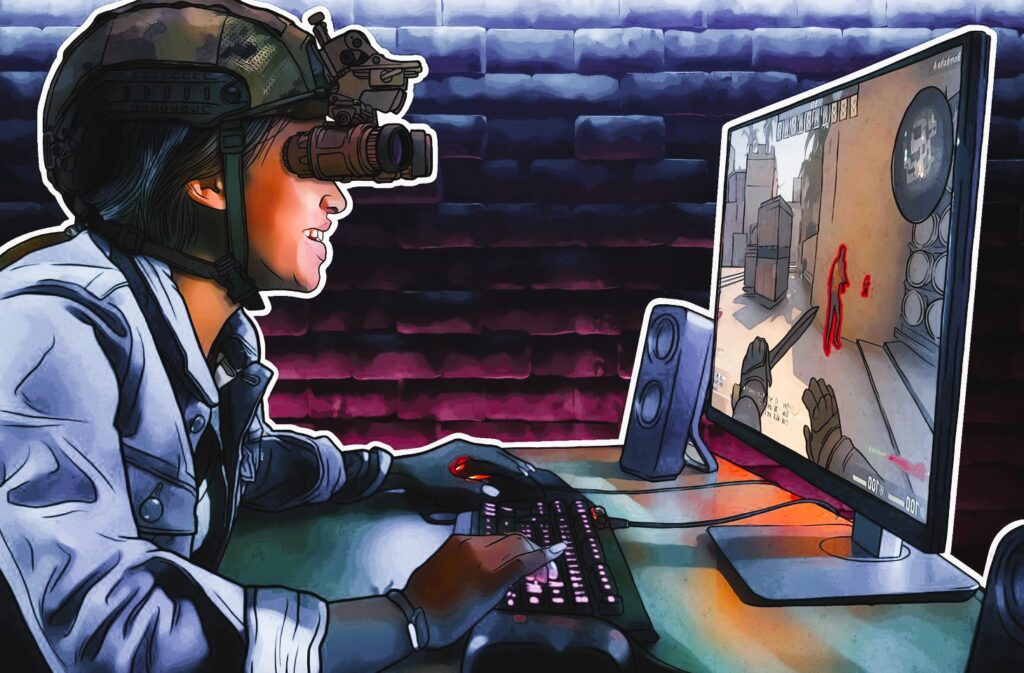Cheating in games might seem like an easy way to gain an advantage, but it comes with serious risks. Developers are increasingly vigilant in maintaining fair play, and many implement strict anti-cheat measures. In this article, we’ll explore the types of bans in games and the potential consequences of using cheats.
Types of Game Bans
- Temporary Ban
- Duration: A few hours to several days.
- Reason: Usually issued for minor infractions, such as using unauthorized software briefly or exploiting small in-game bugs.
- Effect: Access to online services or certain features is temporarily restricted.
- Permanent Ban
- Duration: Lifetime.
- Reason: Use of third-party cheats, severe violations of game terms, or repeated offenses.
- Effect: Complete loss of access to the game, including all progress and purchases.
- Hardware Ban
- Duration: Permanent or extended period.
- Reason: Repeated or extreme cheating offenses, especially in competitive games.
- Effect: The device (e.g., console, PC) is blacklisted, preventing new accounts from being created or used on the same hardware.
- Shadow Ban
- Duration: Indefinite, depending on behavior.
- Reason: Suspicious activity or use of cheats that aren’t explicitly detected.
- Effect: Players can still access the game but are matched exclusively with other suspected cheaters, creating a frustrating experience.
- Matchmaking Restriction
- Duration: Varies, often days or weeks.
- Reason: Disruptive behavior, such as leaving matches early or teaming up with known cheaters.
- Effect: Limited access to ranked or multiplayer modes.
Consequences of Using Cheats
- Loss of Account Progress
When a ban occurs, all progress, achievements, and purchases tied to the account may be permanently lost. For gamers who have invested time and money, this can be devastating.
- Reputation Damage
In competitive games, being labeled a cheater can ruin your reputation within the gaming community. This can make it difficult to find teammates or participate in tournaments.
- Financial Loss
Many players spend money on in-game items, subscriptions, or expansions. A ban can render these purchases useless, leading to significant financial loss.
- Legal Issues
Using cheats or unauthorized software may violate the game’s Terms of Service. In some cases, developers may pursue legal action against cheat developers or users, particularly in high-profile competitive gaming cases.
Anti-Cheat Systems in Modern Games
- Behavioral Detection
Anti-cheat systems analyze player behavior, flagging suspicious actions such as perfect accuracy or unnatural movement.
- Software Scans
Games often scan for unauthorized software running on the same device. This includes programs like aim bots, wall hacks, or trainers.
- Server-Side Analysis
Developers monitor game servers for unusual activity, such as sudden spikes in player performance or unauthorized data packets.
- Community Reporting
Players can report suspected cheaters. If reports accumulate, the account may be reviewed and banned.
How to Play Fair and Avoid Bans
- Stick to the Rules: Always read and follow the game’s Terms of Service.
- Avoid Suspicious Software: Even programs designed for unrelated purposes can trigger anti-cheat systems.
- Play Fair: Focus on improving your skills rather than relying on unfair advantages.
- Stay Informed: Be aware of what is and isn’t allowed in the games you play.
Cheating in games might offer short-term advantages, but the long-term consequences far outweigh the benefits. From account bans to legal risks, the stakes are high. Respecting the rules and fostering fair play ensures a better gaming experience for everyone.
